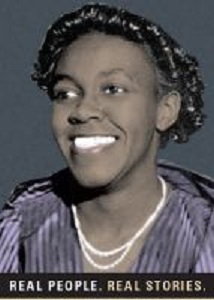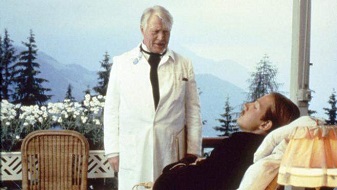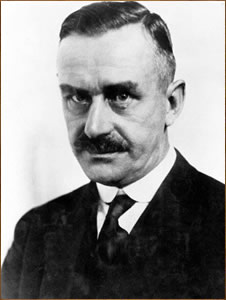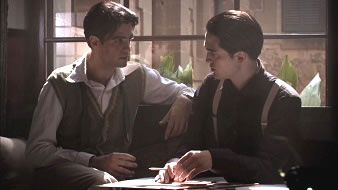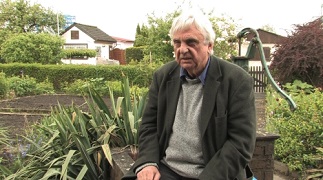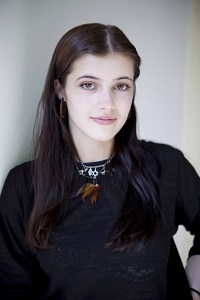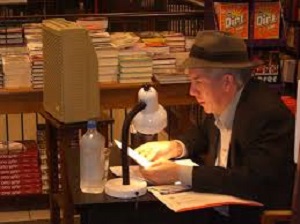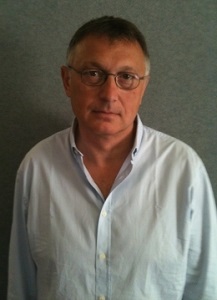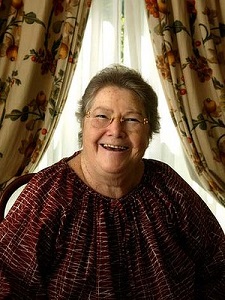De Turkse schrijver Orhan Pamuk werd geboren op 7 juni 1952 in Istanbul. Zie ook alle tags voor Orhan Pamuk op dit blog.
Uit:Silent House (Vertaald door Robert Finn)
“Dinner is nearly ready, Madam,” I said. “Please come to the table.”
She said nothing, just stood there, planted on her cane. I went over, took her by the arm, and brought her to the table. She just muttered a little. I went down to the kitchen, got her tray, and put it in front of her. She looked at it but didn’t touch the food. I got out her napkin, stretched it out under her huge ears, and knotted it.
“Well, what did you make tonight?” she said. “Let’s see what you put together.”
“Baked eggplant,” I said. “You requested it yesterday, right?”
She looked at me.
I slid the plate in front of her. She pushed the food around with her fork, complaining to herself. After picking at it a little, she began to eat. “Madam, don’t forget your salad,” I said before going inside and sitting down to my own eggplant.
A little later, she called out, “Salt. Recep, where’s the salt?” I went back out and saw it was right in front of her.
“Here it is!”
“Well, this is a new one,” she said. “Why do you go inside when I’m eating?”
I didn’t answer.
“They’re coming tomorrow, aren’t they?”
“They’re coming, Madam, they’re coming,” I said. “Weren’t you going to put some salt on that?”
“You mind your own business!” she said. “Are they coming?”
“Tomorrow afternoon,” I said. “They called, you know.”
“What else have you got?”
I took the uneaten eggplant back, ladled a good portion of beans onto a fresh plate, and brought it out to her. When she’d lost interest in the beans and started stirring them around, I returned to the kitchen and sat down to resume my supper. A little later she called out again, this time for pepper, but I pretended not to hear her. When she cried Fruit! I went in and pushed the fruit bowl in front of her.”
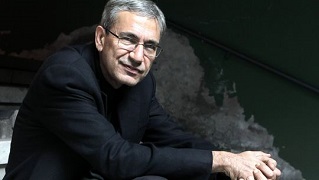
Lees verder “Orhan Pamuk, Monika Mann, Nikki Giovanni, Harry Crews, Louise Erdrich, Mascha Kaléko”

